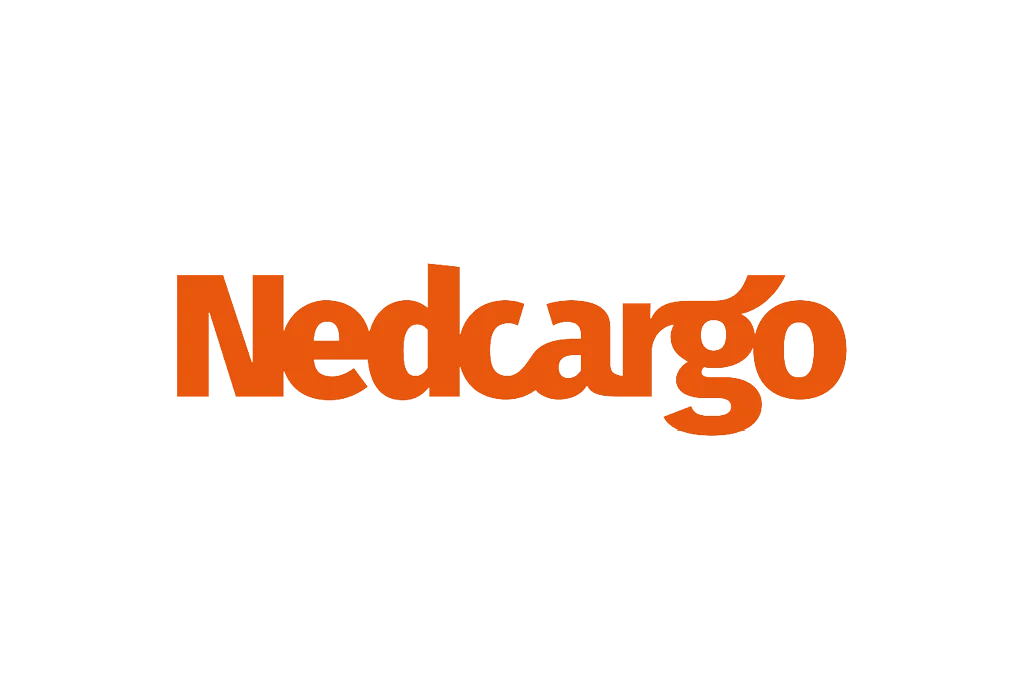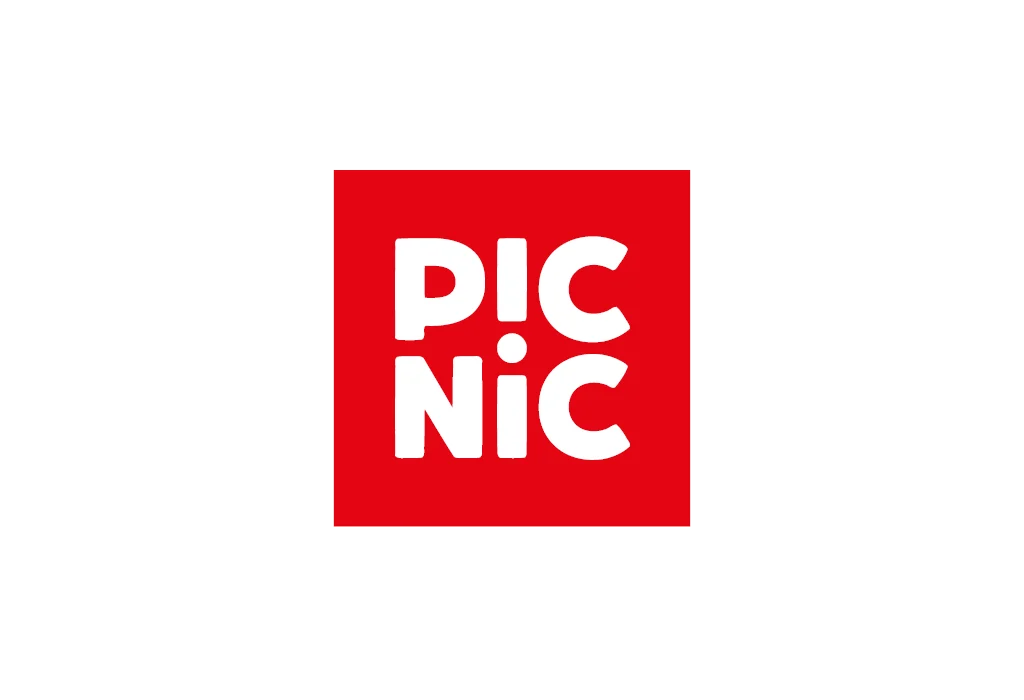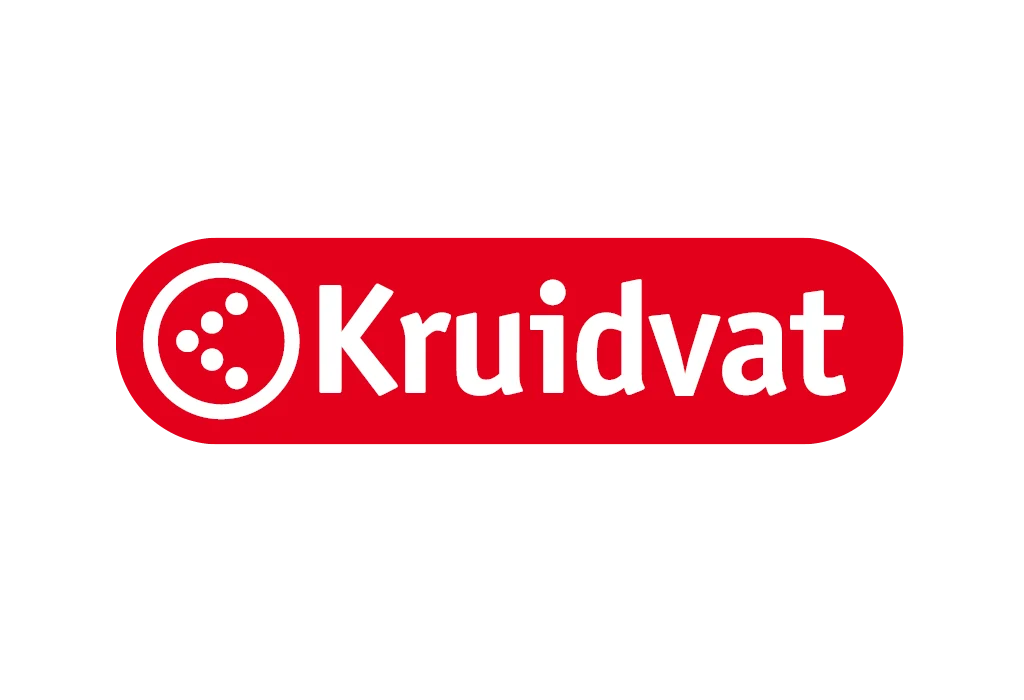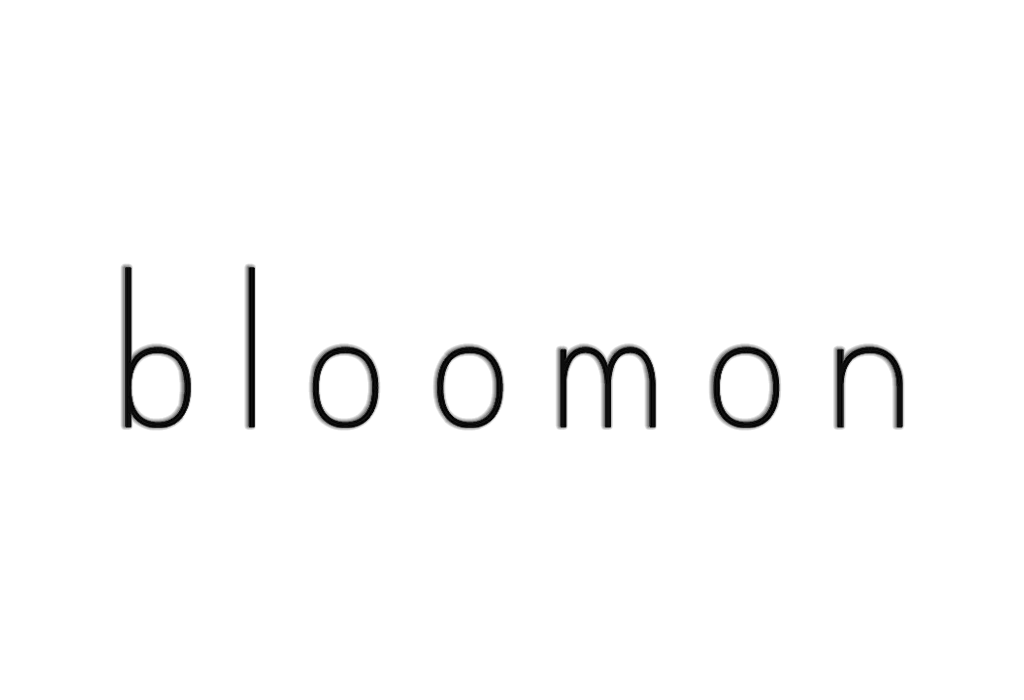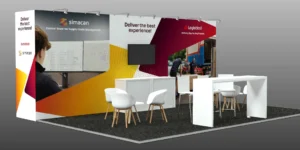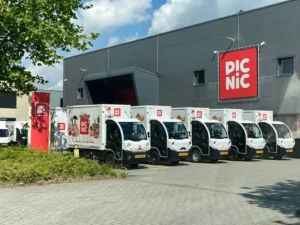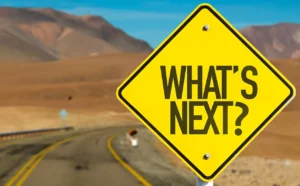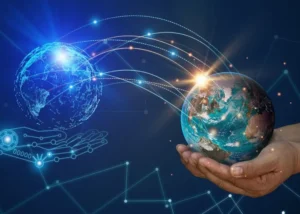Take the guesswork out of logistics!
Visibility, control, and collaboration in logistics operations
Simacan is the logistics Control Tower for road-based transport, delivering real-time visibility, dynamic route optimisation, and seamless collaboration. Every day, we empower supply chains across multiple industries, including retail, B2C, and construction logistics, driving over 35 million deliveries per year with precision and efficiency.
With live traffic data, accurate ETAs, and smart route planning, you can instantly adapt to disruptions, optimise driver routes, and enhance operational efficiency. Our advanced analytics uncover trends to streamline your transport network, while shared insights keep all partners aligned towards a smarter, greener supply chain.
Whether you are managing multi-carrier networks, zero-emission zones, or hybrid and electric fleets, Simacan helps you cut emissions, improve efficiency, and future-proof your logistics.
Core functionalities
The Simacan platform’s functionality is structured into five powerful modules or functionality packages. The first four modules focus on critical transport processes: planning and preparation, monitoring, steering, and analytics. The fifth module, transport orchestration, acts as the connecting hub, ensuring all these processes align seamlessly and collaborate efficiently.
Transport Preparation
Optimise your planning processes to enable predictable and efficient transport execution. Ensure effective resource allocation and leverage smart transport planning tools for a seamless logistics operation.
Transport Monitoring
Monitor vehicles, trip progress, and deliveries with real-time GPS tracking and up-to-date traffic insights. Proactively communicate with supply chain stakeholders and customers to improve collaboration and boost customer satisfaction.
Transport
Steering
Make real-time adjustments to your transport routes for enhanced reliability and efficiency. Communicate changes directly to drivers, partners, and customers, enabling seamless execution and minimising disruptions.
Transport
Analytics
Gain actionable insights with detailed reporting on operational performance, delivery timeliness, and emissions. Use this data for self-billing, emissions compliance, and continuous transport process optimisation.
Transport Orchestration
Integrate transport phases seamlessly for a more efficient process. Connect all phases effortlessly and facilitate secure, scalable collaboration between stakeholders. Benefit from powerful APIs, user-friendly interfaces, and real-time data connections.
Key benefits of Simacan
✅ Real-time transport insights
Access live transport tracking, real-time ETAs, and traffic updates to make data-driven logistics decisions and minimise delays in your supply chain.
✅ Enhanced efficiency in your supply chain
Streamline your operations with advanced transport management software, real-time route optimisation, and proactive disruption management, ensuring cost-effective and reliable logistics.
✅ Seamless collaboration across stakeholders
Easily integrate systems and connect with stakeholders using powerful API integrations and user-friendly transport platforms, enabling better coordination and smoother logistics operations.
✅ Future-proof logistics solutions
Get your transport operations ready for zero-emission zones, changing regulations, and smart city logistics with innovative and scalable technology.
✅ Automated customer communication
Improve customer satisfaction by automating supply chain communication. Keep clients and partners informed with updates on planning changes and expected delivery times, boosting trust and collaboration within your logistics ecosystem.
✅ Globally scalable logistics solution
A globally scalable solution with a flexible logistics Control Tower. Supports international operations, process transformations, system migrations, business scaling, and the integration of new transportation activities following mergers or acquisitions.
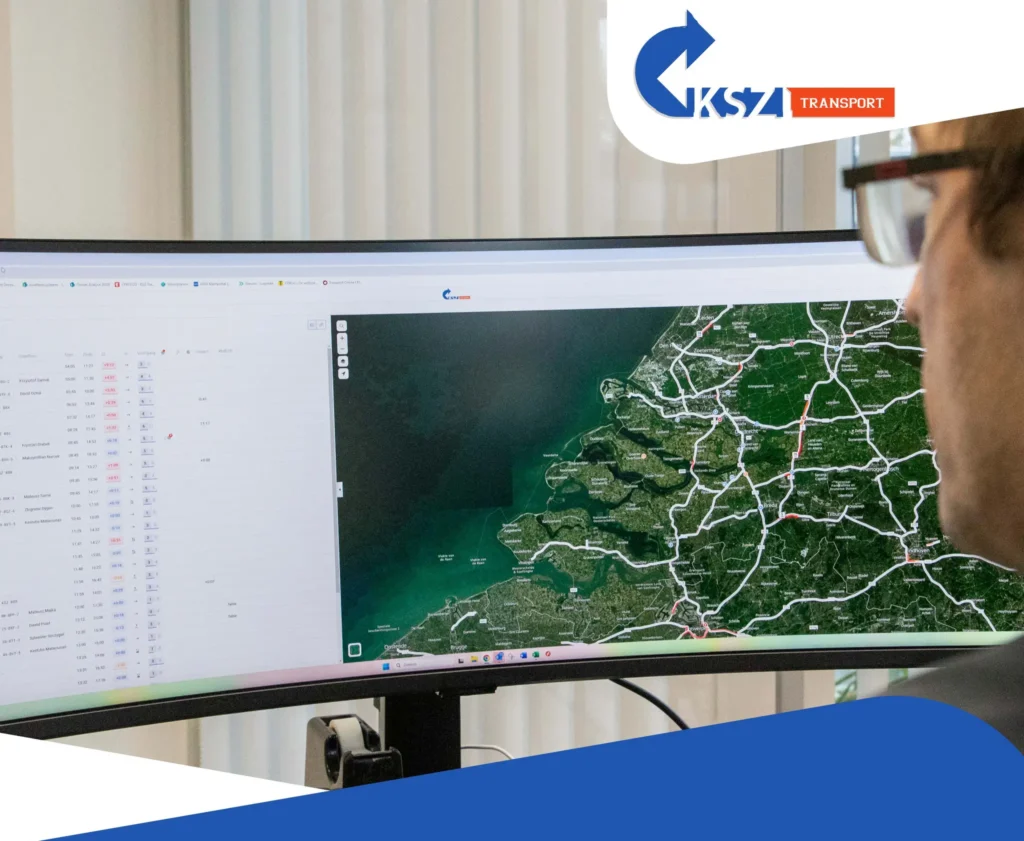
“An important improvement in the process is the bidirectional integration between the internal Transport Management System (TMS) and the Simacan Control Tower. This integration enables customers using Simacan to directly input trips into the TMS, ensuring seamless information transfer. ‘This efficiency allows us to stay up-to-date at all times and respond immediately to any changes’.”
KSZ Transport, Operational Manager


